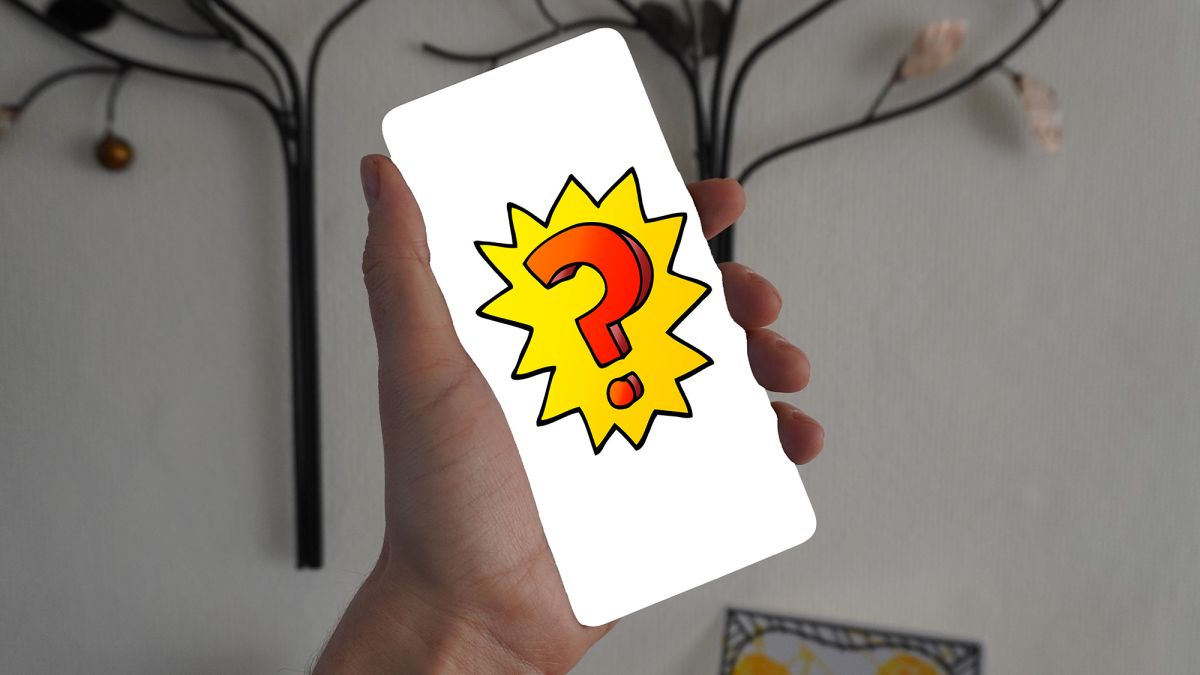I’ve reviewed dozens and dozens of phones over the last decade and while that often means flagship phones that cost as much as some of the best laptops. However, there are some outstanding budget phones that cross my desk as well. And today, I’m focusing on the best phone under $500.
There were many years when a phone around that price range was a bit of a wasteland, but the company that broke this territory wide open in the last couple of years is Google. Google’s Pixel A-series laid the groundwork for this strategy, delivering a software and hardware experience that was unmatched by devices twice its price, and the Pixel 6a remains one of the best smartphones on the market, but I’m looking beyond the A-Series to the Pixel 7.
Google’s latest Pixel is an absolute gem and you’ll find it currently at the top of our best smartphones list, so how could it not be the best smartphone under $500?
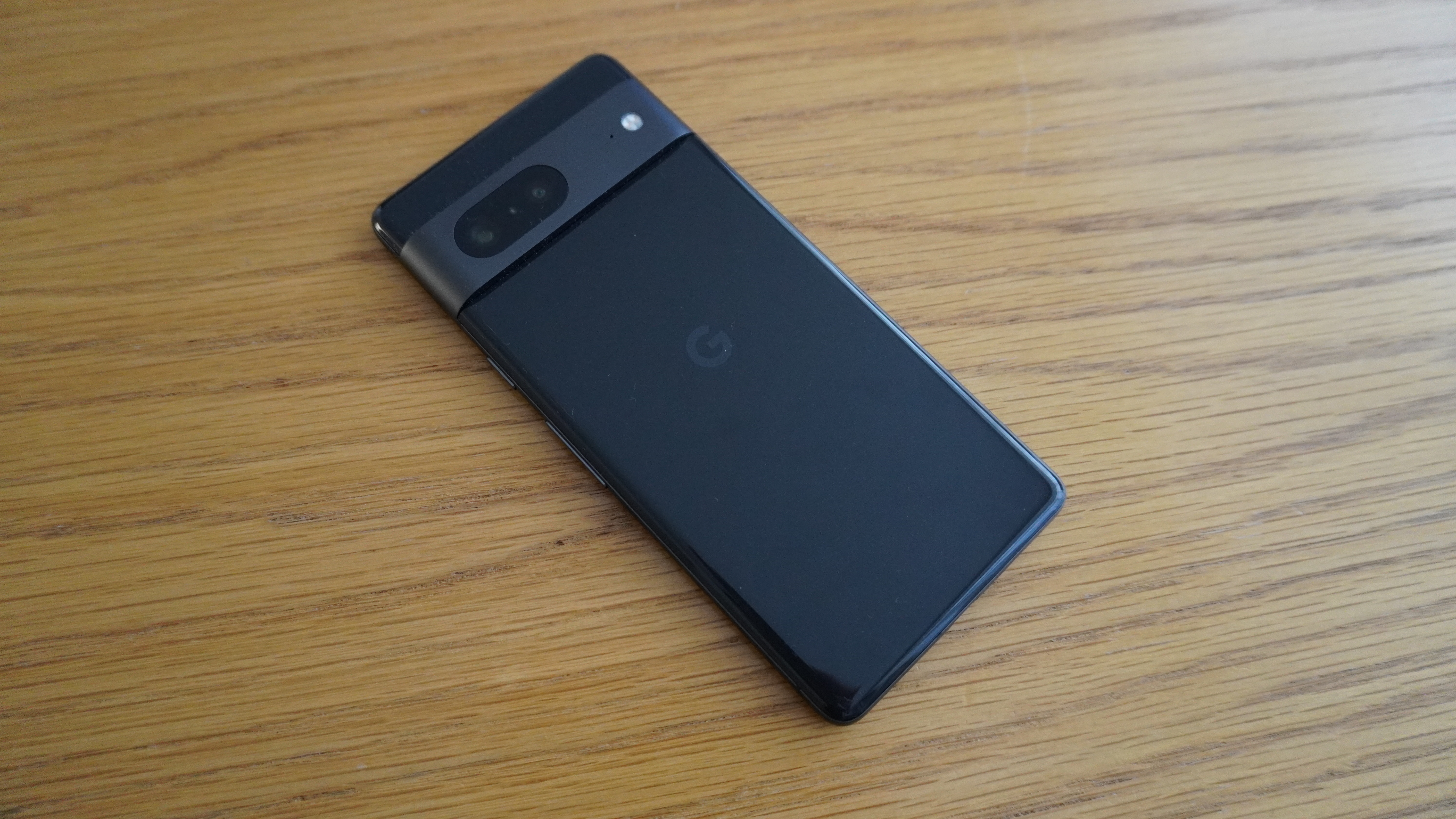
How much does the Pixel 7 cost?
Now if you are thinking, “Isn’t the Pixel 7 $599?”, then you have an excellent memory for phone pricing, but you clearly don’t follow our best phone deals as the Pixel 7 is just $449 at Amazon (opens in new tab) and is available even cheaper elsewhere with activation. This isn’t a temporary dip either, a quick perusal of my handy Amazon price tracker shows that since the start of the year, the Pixel 7 has stayed at or below $499 for all but three weeks and has remained at $449 for almost a month now.
So while I typically stick to the retail pricing, the reality is that you can find the Pixel 7 for under $500 more often than not, so I think it’s fair game. Alright, enough of The Price is Right, let’s dig into why the Pixel 7 is the best sub-$500 phone around.
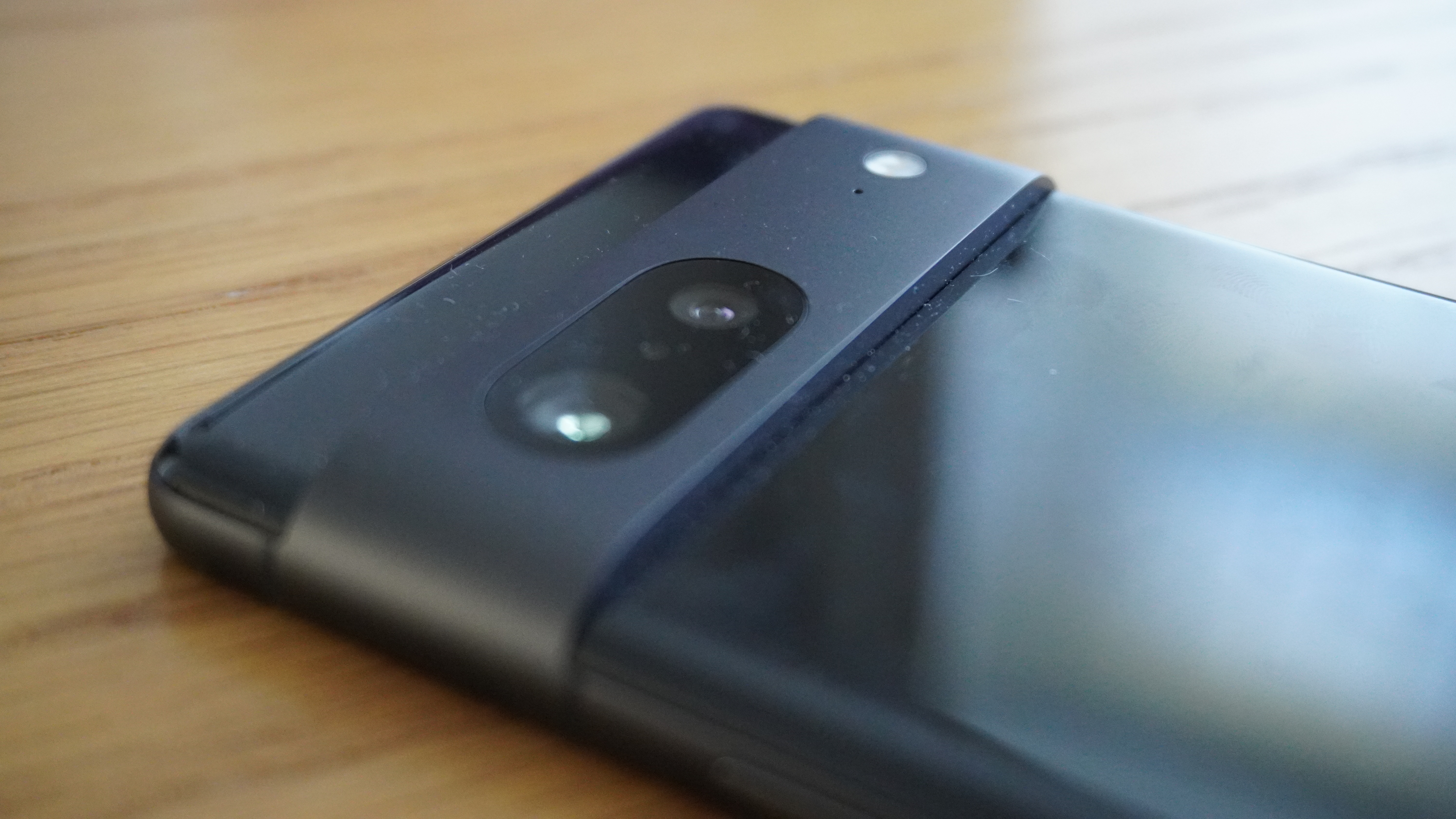
Fabulous photos
There’s one feature that has always defined Google’s Pixel line: the cameras. No, it doesn’t have a 100x zoom or a 200MP sensor, but time and again the Pixel manages to deliver the best photos of any phone on the market. Whether you are trying to capture a low-light shot of some friends on a night out, an ultrawide shot of a beautiful landscape, or just a quick snapshot of a pet, there is no phone I would rather have on hand to ensure that I didn’t miss that shot.
Google’s 50MP main camera with its f/1.9 aperture combined with the company’s unmatched computational photography put it out of reach of phones that cost hundreds of dollars more like the iPhone 14 or Galaxy S23. It’s that second bit that’s the secret sauce for Google and the Pixel. Google was early recognizing the critical role that AI would play in enhancing smartphone photos and no one has managed to catch them. Google’s Tensor G2 chip was built with AI tasks in mind, so it’s faster than ever at delivering these brilliant shots in any condition.
Even our resident iPhone stan was convinced of the Pixel 7’s superiority after a brief time with it. There are specific things like portraits on the iPhone or telephoto shots on the Galaxy S23 Ultra where others have an edge, but day-to-day, the Pixel 7 takes the best photos of any phone available right now.
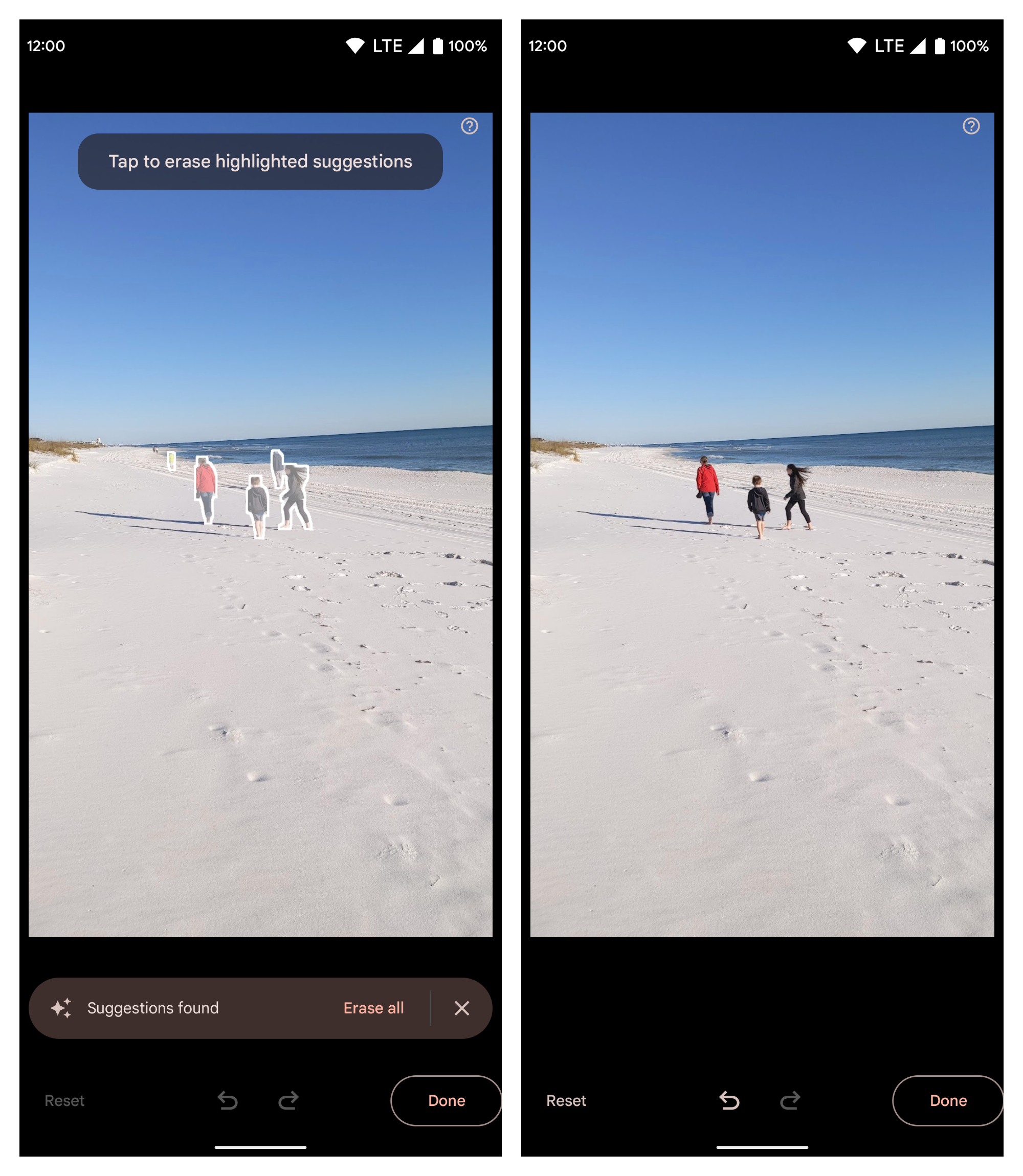
Pixel feature drops
While the Pixel doesn’t run true vanilla Android, it’s one of the least intrusive skins on the core OS, and you also get access to Pixel-exclusive features that often take months to come to other phones, if they do so at all.
This includes features like Magic Eraser, which allows you to easily remove people or objects from your photos. It finally arrived on iPhone almost 18 months after it debuted on the Pixel 6. One feature that I occasionally overlook until I switch away from a PIxel is Automatic Call Screening. This leverages Google’s AI to handle all of those irritating spam calls that we’re inundated with on a daily basis so I never even have to hear them. Google even recently hinted that this feature is getting another AI boost, so I can’t wait to see the next evolution of it.
Features like this are why I stress that updates on Android and the Pixel specifically aren’t a 1:1 comparison with the iPhone. While your Pixel may only get three major OS updates, compared to roughly five on the iPhone, features like Call Screening and Magic Eraser come through app updates that exist outside of the major OS updates. Google separates many features out into apps versus the core OS, so while you may miss out on some Android 17 exclusives when it launches in 2026, your Pixel 7 will still get plenty of new features via app updates.
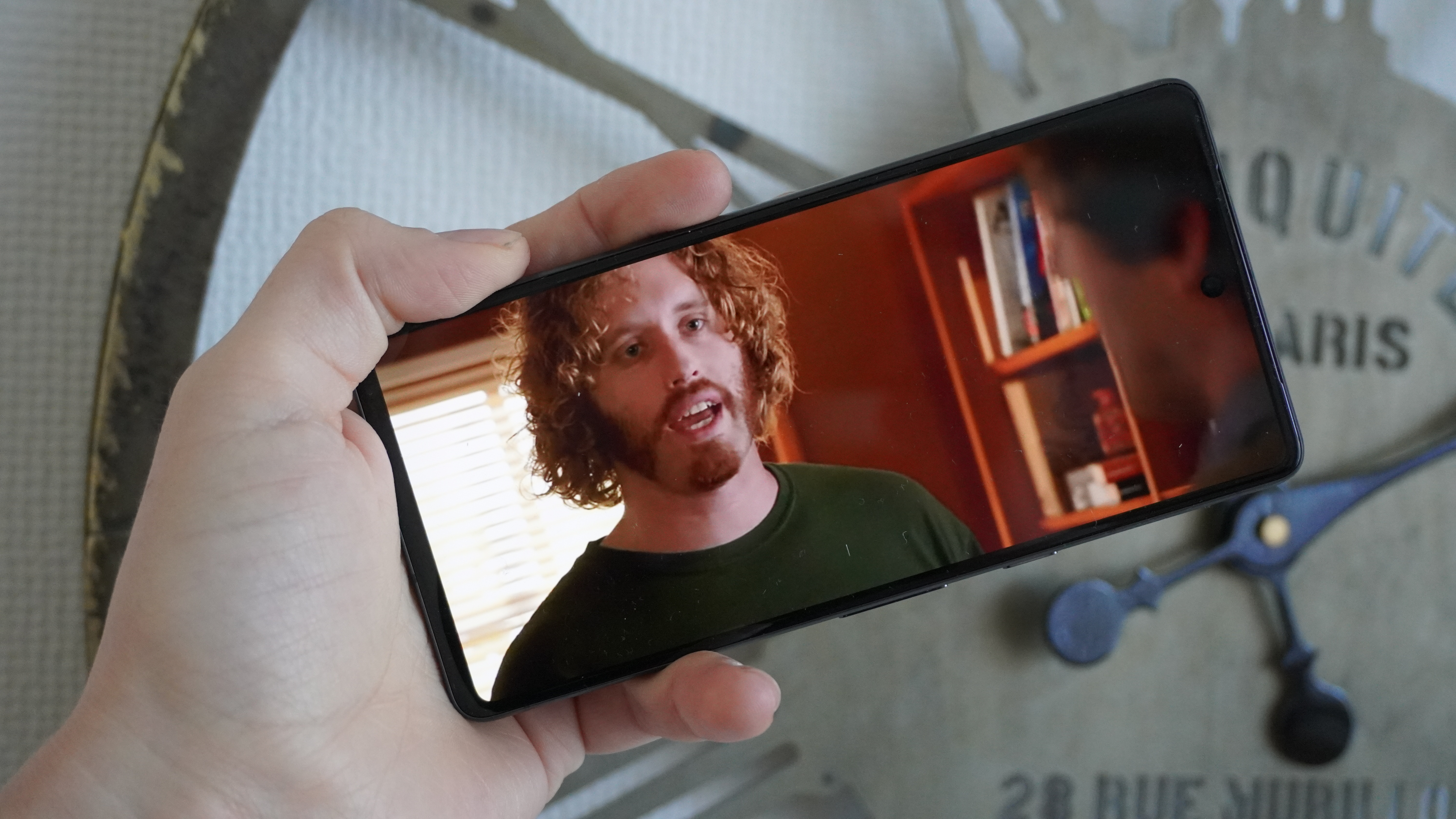
Pixel perfect?
The display on the Pixel 7 is another standout feature at its price point. It may not get the full 120Hz dynamic refresh rate of the Galaxy S23 or iPhone 14 Pro, but the 90Hz is far better than the 60Hz of the iPhone 14.
The brightness is similarly outstanding, hitting a peak of 926 nits in our testing. That’s well above the iPhone 14’s 757 nits and just below the Galaxy S23 at 1,002 nits. While in its natural display setting, the Pixel 7 isn’t quite as vibrant as the iPhone 14, flip over to Adaptive and the Pixel has the advantage once again.
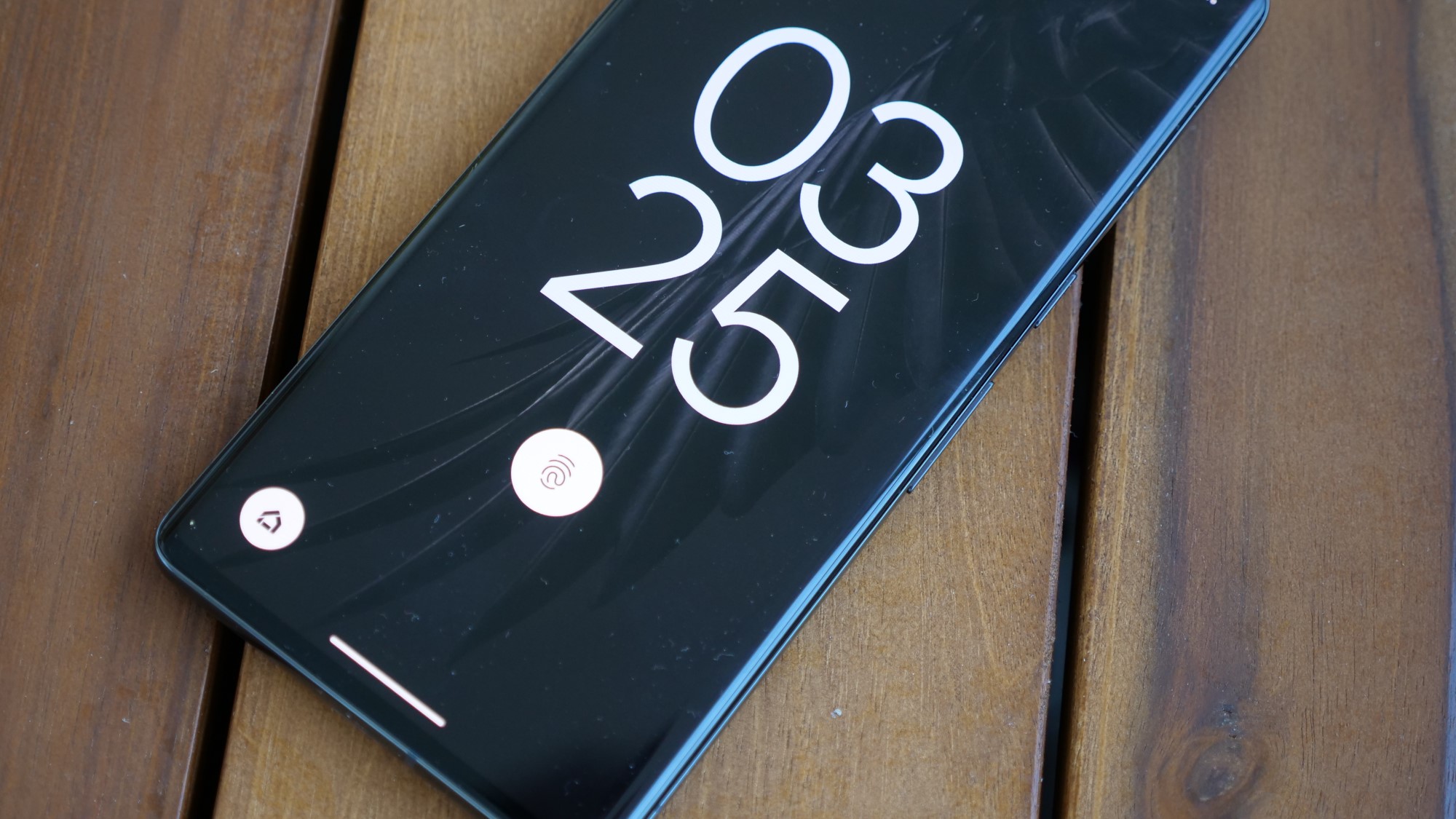
Final thoughts
Bringing it back around to value, the phones I’m comparing it to here cost $250 more than you’ll pay for the Pixel 7 and are struggling to keep up with it in many regards. There’s simply nothing that comes close to the Pixel 7 for under $500.
Is it perfect? No, of course not. The battery life could be better, there are busy days when I’m using the camera or navigation regularly where I have to make sure I plug in for 15-20 minutes to top up (I’d say the same for the iPhone 14 series though). It’s also not a brilliant gaming phone, I have no issues playing PUBG Mobile, but truly intensive games like Genshin Impact will stress the Tensor G2, which is optimized for daily tasks over gaming.
To me, those are acceptable trade-offs for everything else you are getting. If you need a new smartphone and have to stay under $500, pick up the Pixel 7 and don’t give it a second thought.
